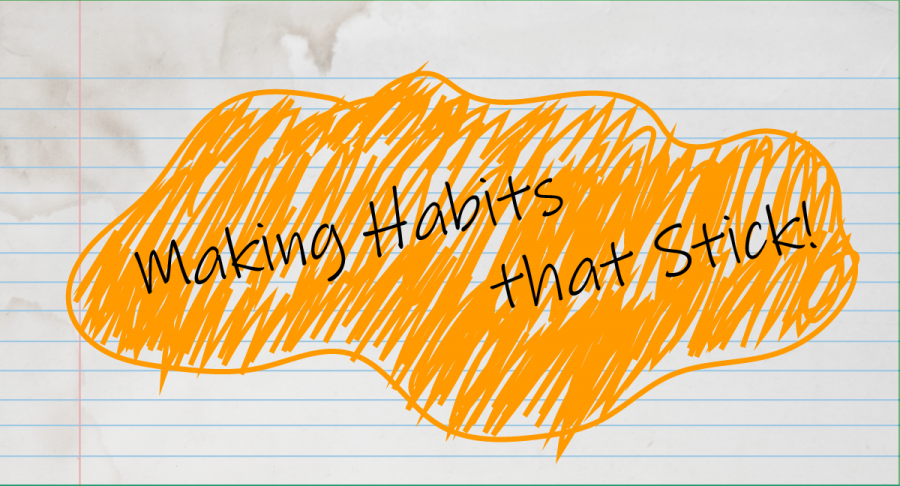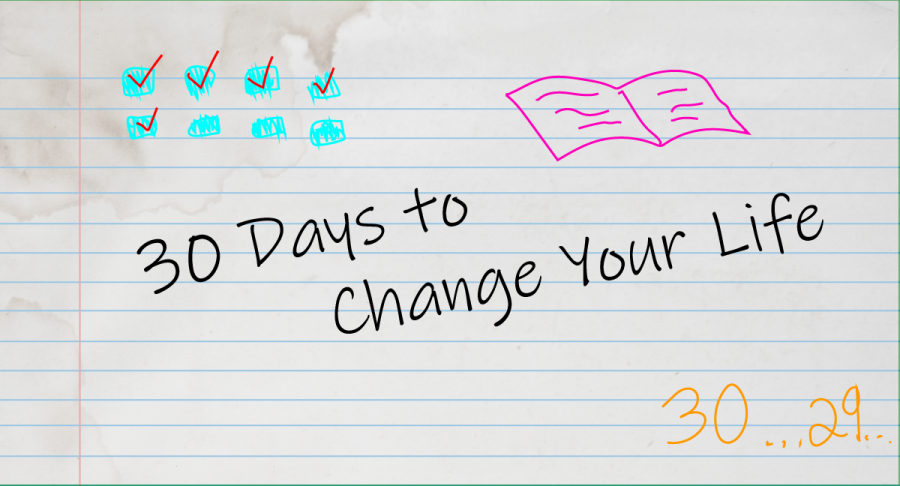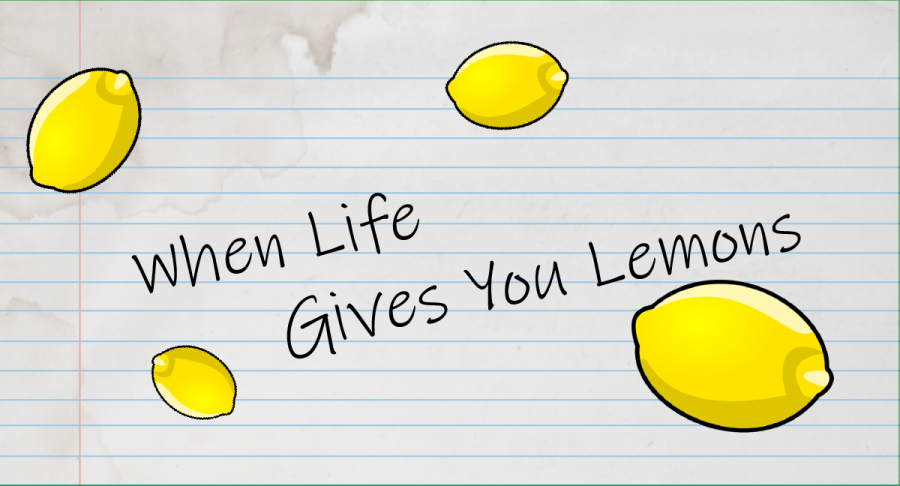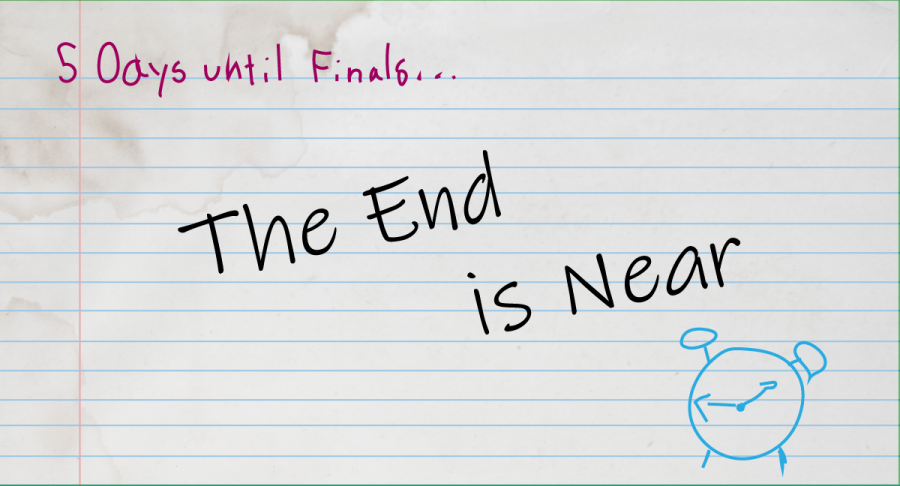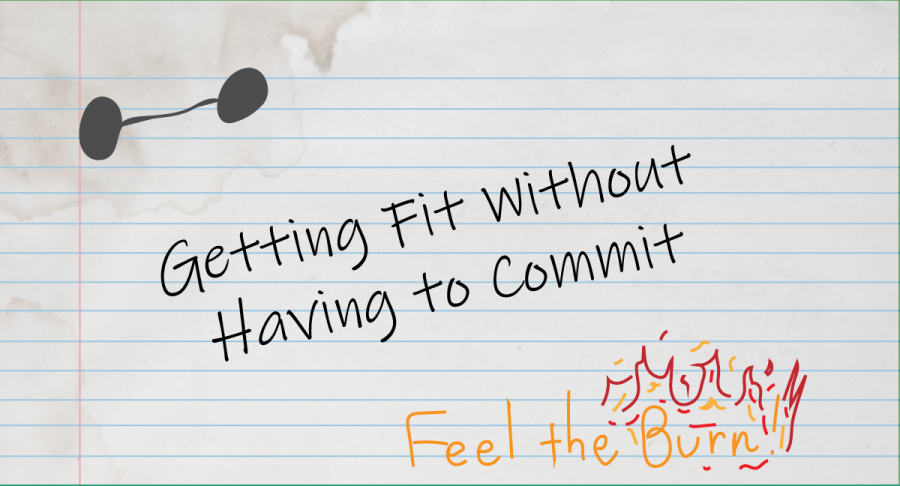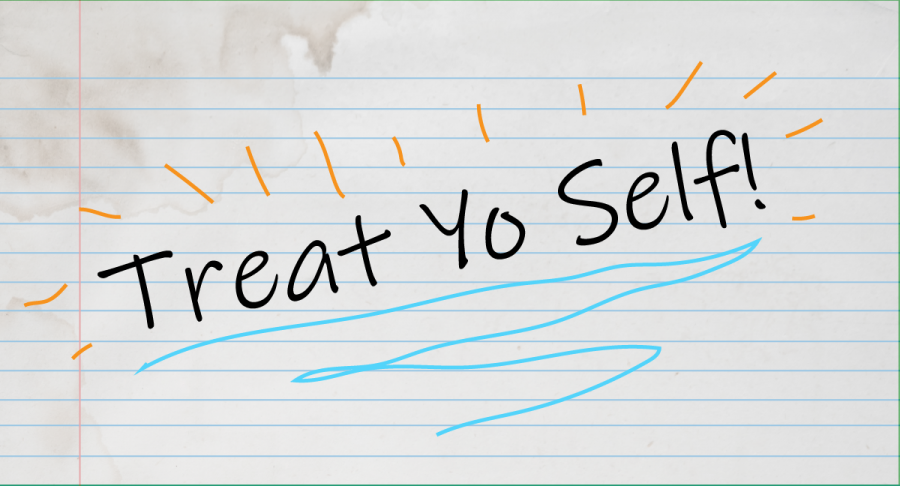
Habits. We love them, we hate them. Some are good, some are bad. Some are easy to make, some are hard to break.
For some people, habits rule their lives. They wake up at the same time, brush their teeth the same way, shower on the same day, get dressed in the same order, walk or drive the same route, do the same tasks, eat the same meal…
For others, habits are hard. They want to eat healthy or be more active, or even break a bad habit like excessive drinking or smoking. It is incredibly difficult to tackle a habit without having an idea of a game plan.
Today, we are diving into how to make a GOOD habit that lasts. We’re gonna dissect a habit, look at some strategies for making them, and figure out how to better our lives a little bit every day. So without any further ado, let’s take a look at the little things that rule our lives.
What is a good habit?
Do you remember ‘SMART’ goals? Your goals for what a habit will achieve need to be Specific, Measurable, Attainable, Relevant, and Timely. Let’s break that down a little bit::
Specific
You need to have a detailed idea of what you want to do. “I want to lose weight” is a bad goal. “I want to walk two miles every day” is a better goal.
Measurable
Have some degree by which you can measure what you plan to do. “I want to start walking each day,” is better than nothing, but saying, “I want to reach 10,000 steps per day,” is a more measurable goal that you can judge success by.
Attainable
This is a big one where people tend to fail. Make sure your goal is possible or you’re setting yourself up for failure. “I want to be able to run a 5k in 30 minutes,” is much better than, “I want to be able to run a 5k in 10 minutes.” Slow down there, Usain Bolt!
Relevant
Pick a goal that furthers what you want to do in life. Pick a goal or a habit that is worthwhile to you. “I want to be able to swim 50 laps in ten minutes,” but you absolutely hate swimming means that you won’t feel motivated to work toward it every day.
Timely
This is about putting a countdown on yourself. While you want a habit to last a lifetime, your initial goal should have an idea of a checkpoint. “I want to quit consuming sugar” is a great idea, “I want to cut out all sugary desserts and beverages in May” is an attainable, measurable, and timely goal that you can build on in the months afterward.
With these things in mind, you can set a goal and figure out what habit you need to make in order to reach that goal.
Now, let’s look at some strategies to help us hang onto goals when motivation is low.
- Write a reminder on your bathroom mirror (use a dry erase marker!) That way you see it every time you’re in the bathroom.
- STICKY NOTES! If the bathroom doesn’t work, place a sticky note with a reminder somewhere you will see it often.
- If you can ‘remember’ to do your habit but just don’t ‘want to’, give yourself some sort of reward for attaining your habit for a pre-determined amount of time. Don’t let your ‘reward’ break your habit, though. For example, if you want to cut sugary desserts, a sugary dessert should NOT be your reward.
- Give yourself a countdown of the days to make a habit. Some say it takes 21 days, some say 40. It varied from person to person, so figure out how long a period of time works for you and countdown those days. Put this in your planner, on your mirror, on your sticky notes, or whatever benefits you the most.
- Find an accountability partner – someone you can chat with on a regular basis about your habits and they can encourage you to be the best you that you can be.
- Take it slow, with one habit at a time. We might be really encouraged on January 1st to rework our lives. We might have the realization in May that swimsuit season is upon us and we want to make healthier choices. That doesn’t mean to try out ten new habits on day one – that’s setting yourself up to fail in at least one. Instead, try one habit for a week to a month, then add another, and another. With this process, you can make 12-52 new habits per year, instead of trying ten at once and failing by two weeks in.
Making good habits can be hard, and as I say with almost everything that has to do with a healthier lifestyle, what works for me might not work for you, so try, try again until you figure out what works the best with your life!
What is a healthy habit you want to make in 2020? Let us know down in the comments!

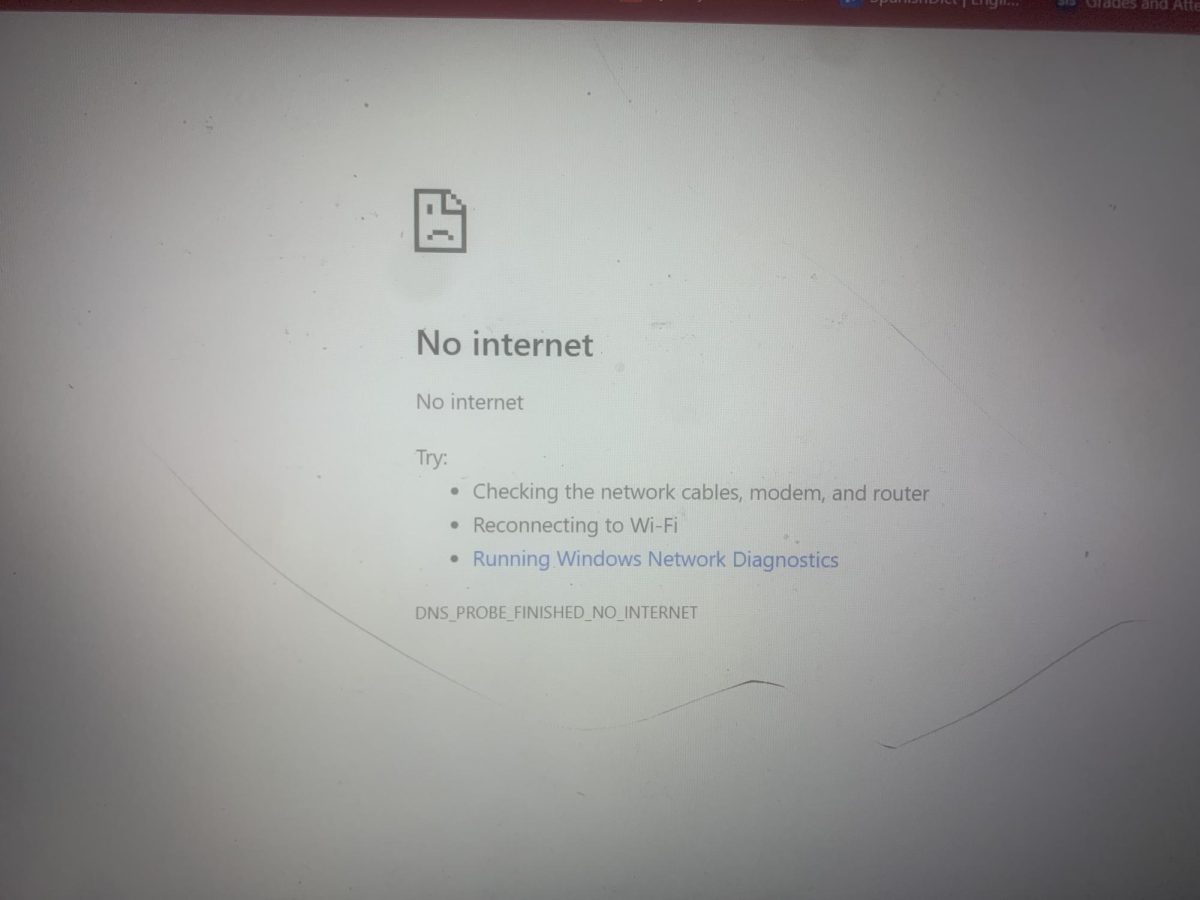














![Snapshot of actors Lauren Hunt & Myles Curry; Rocky Olguin & Trenton Cole; Ian Kooistra and Sarai Castillo for “Foreplay, the Art of The Fugue." [Photo courtesy of Connie Sanchez]](https://therambler.org/wp-content/uploads/2024/10/Ives2-1-1200x900.jpg)
![Snapshot of actors Caitlyn Yarbrough, Jordaeja Davis, Hayden Kirkbride, Aaron Simmons, Tristan Andrews, Emmanuel Hudson for “Degas, C’est Moi,” [Photo courtesy Connie Sanchez]](https://therambler.org/wp-content/uploads/2024/10/Ives-3-1200x693.jpg)
![Junior liberal studies major Karina Orona Karina Orona (center) performs the Popoxcomitl [cleansing] on Latinx Heritage committee member Bertie Gardner (right).](https://therambler.org/wp-content/uploads/2024/09/Cleansing-1200x800.jpg)




















